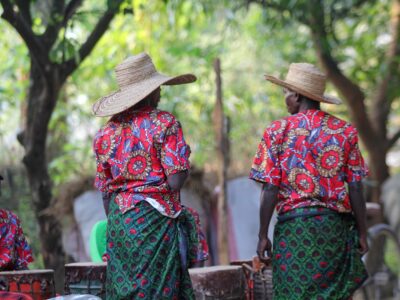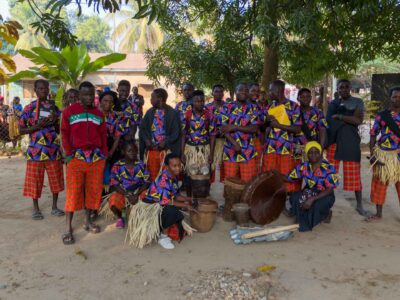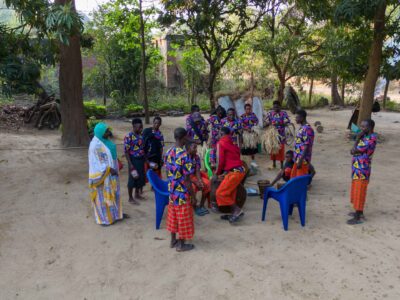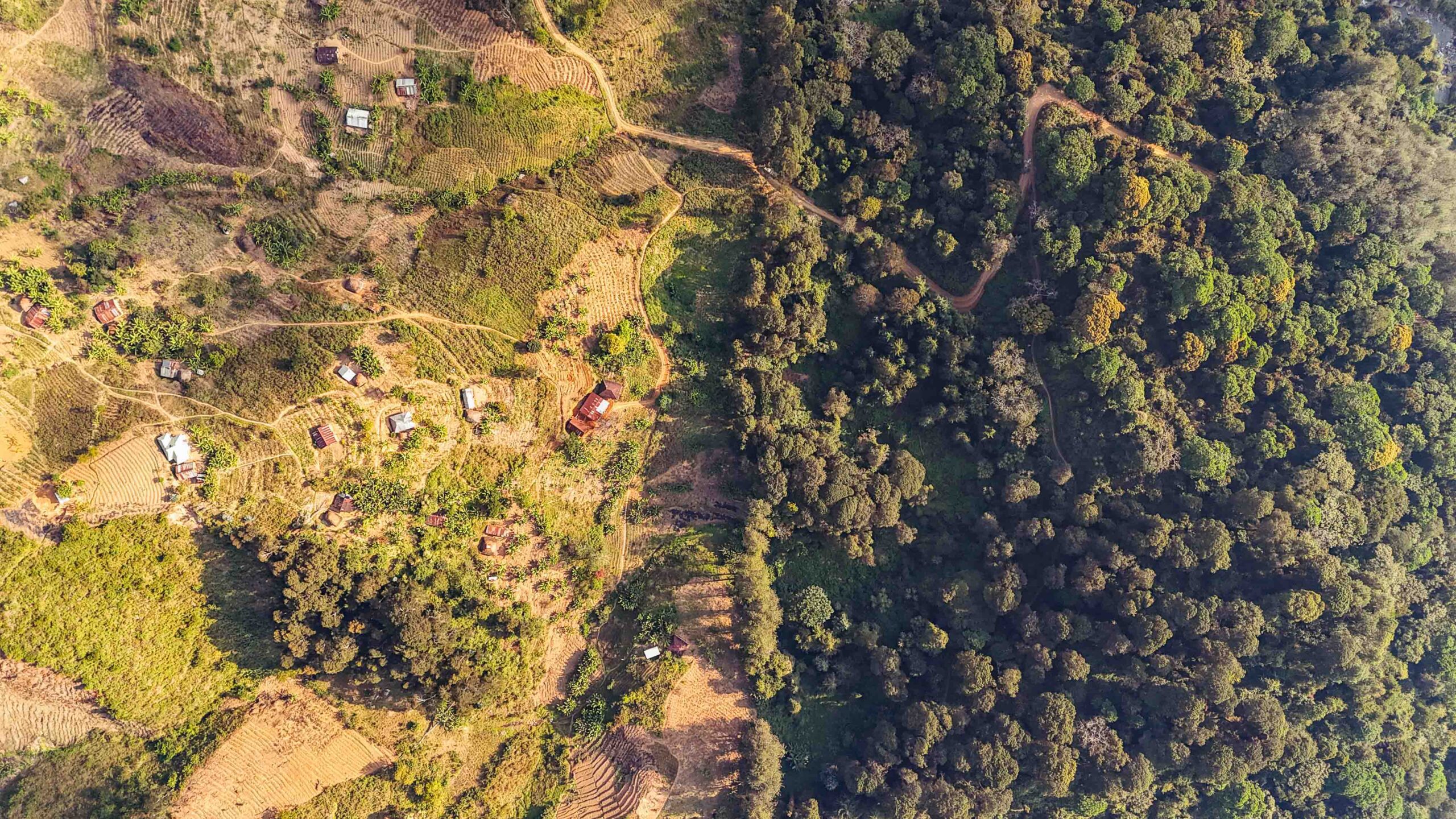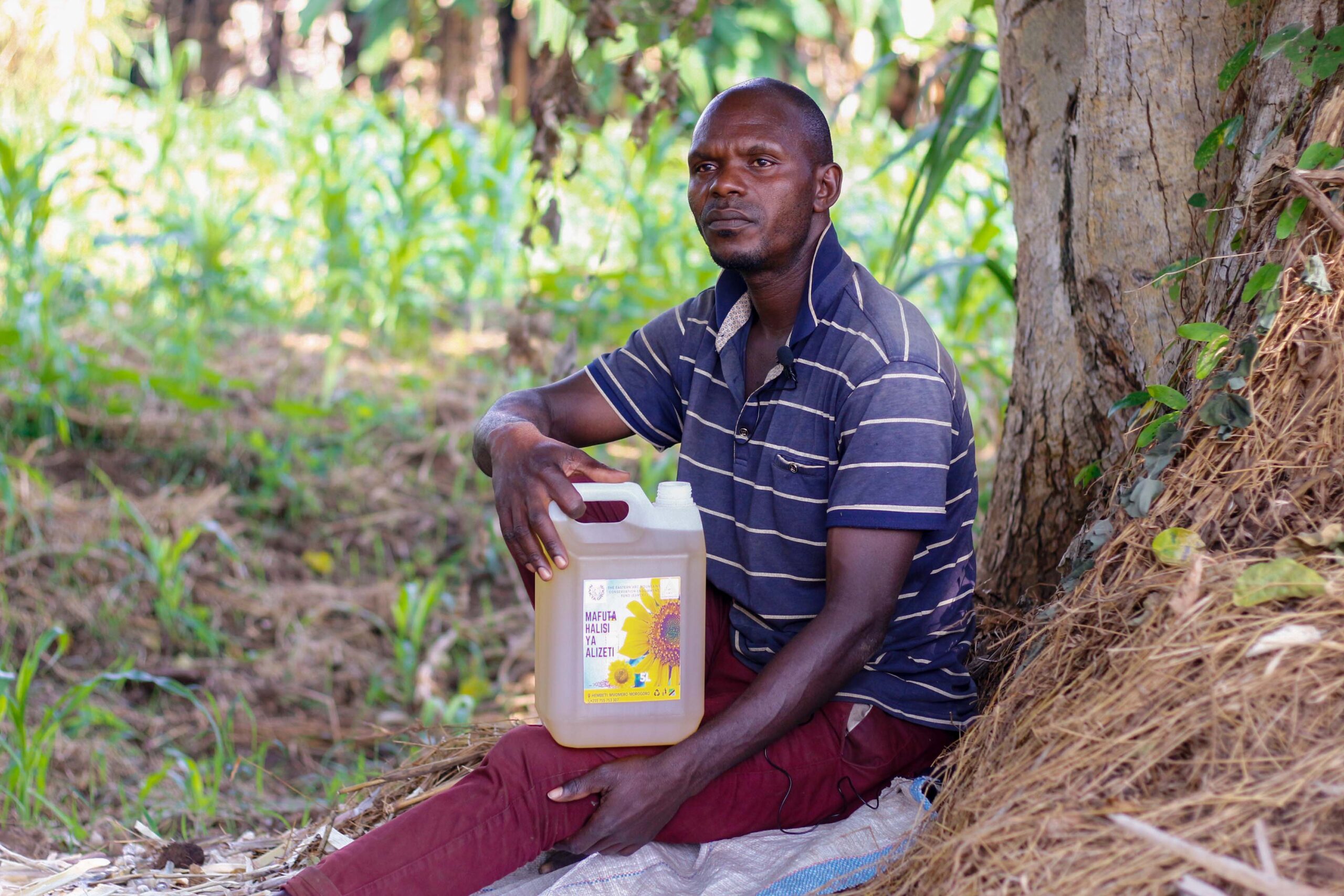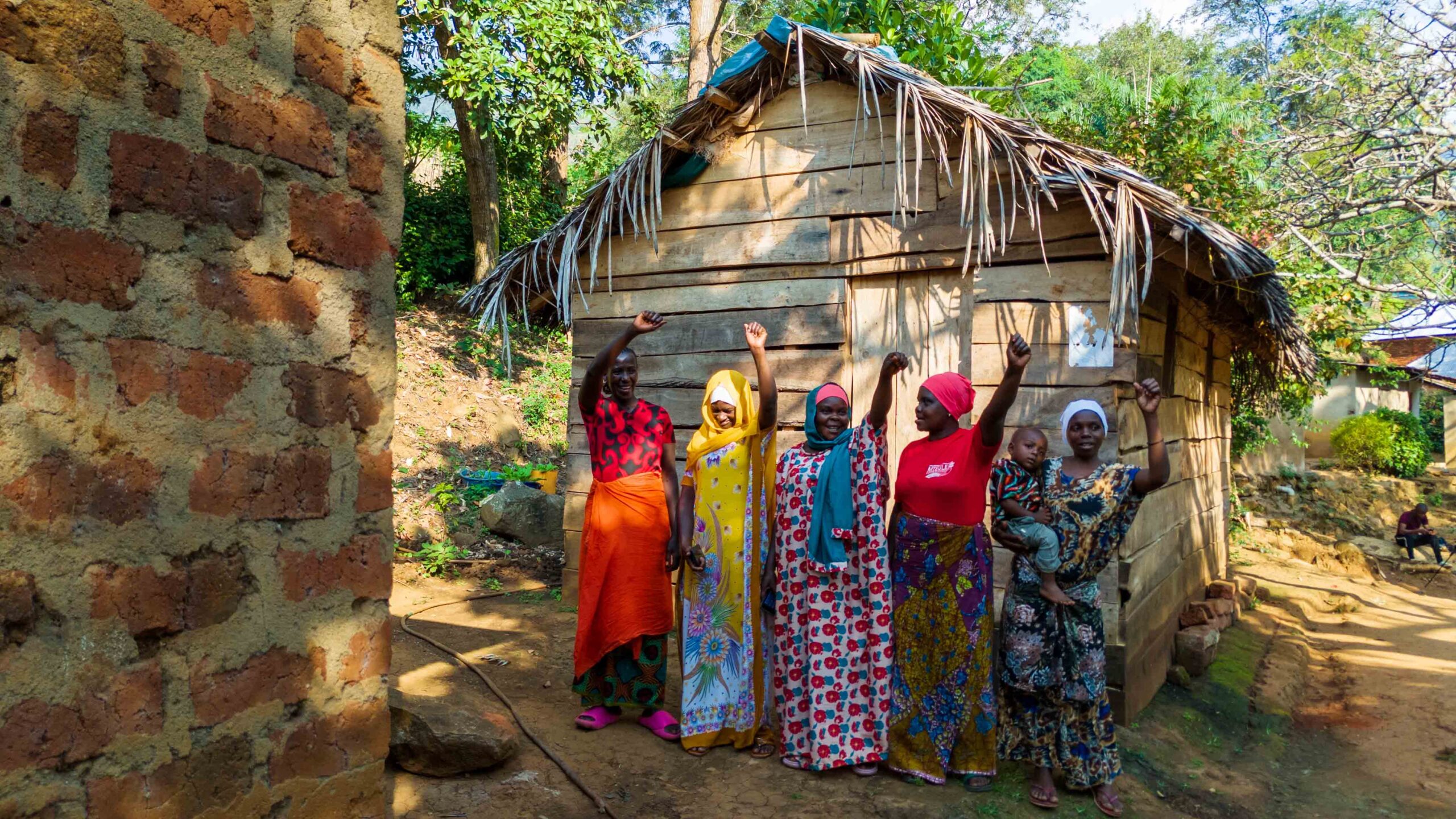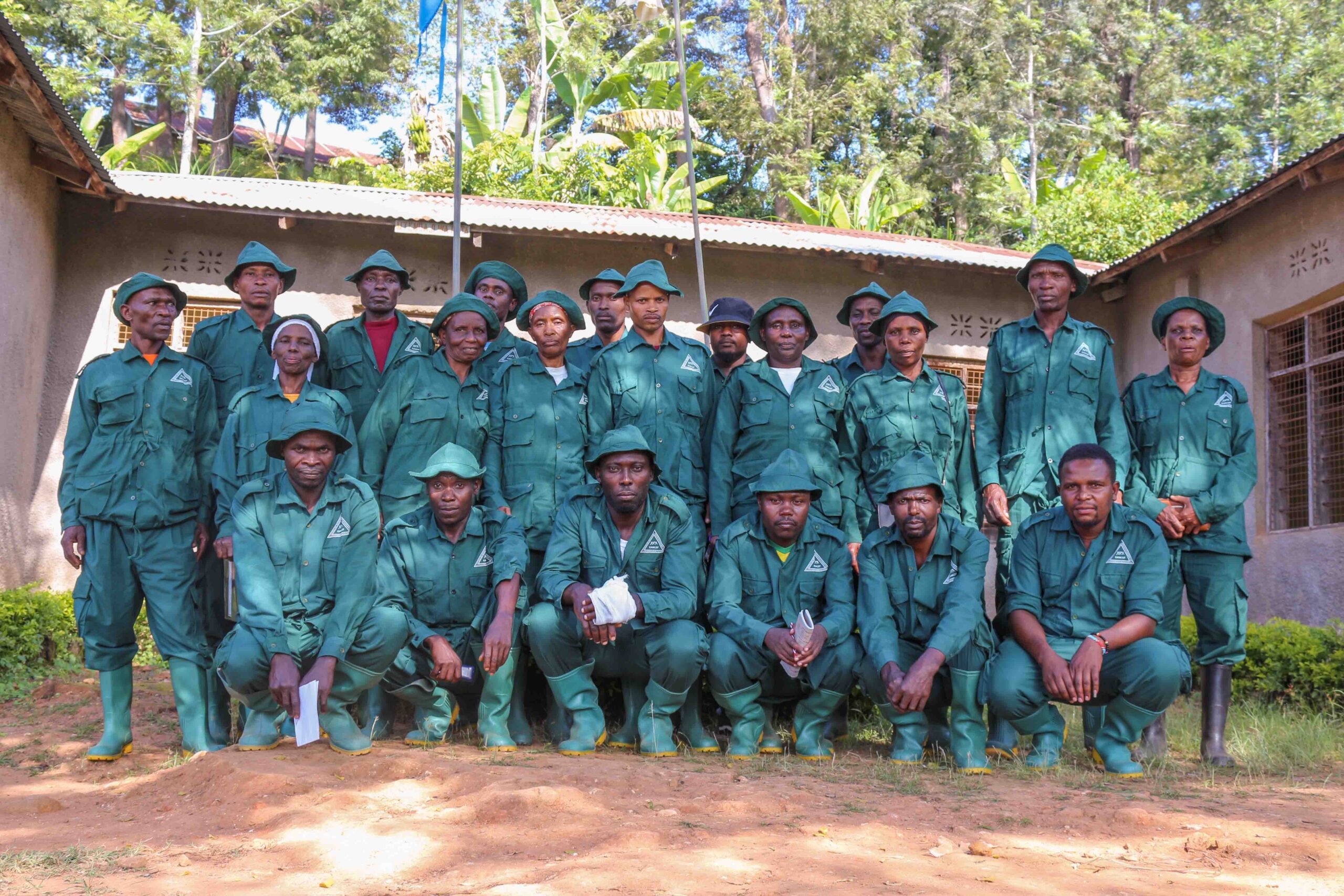Traditional cultural groups in environmental conservation are proving to be powerful agents of change in Tanzania. Groups like Fagilia Mazingira, Zimamoto, and Mbuta have turned their artistic talents into tools for environmental education and advocacy, blending tradition with sustainability. Originally known for their vibrant Sangula and Lizombe dances in Kilombero District, Morogoro Region, Fagilia Mazingira and Zimamoto transitioned from entertainment to conservation with support from EAMCEF, Association Mazingira, and TANAPA.
Through targeted training, media exposure, and resource support, these traditional cultural groups in environmental conservation gained new skills and platforms to engage communities. Their performances now include messages on forest protection, wildlife preservation, and climate awareness, reaching wider audiences and generating income through cultural tourism.
In Same District, Kilimanjaro Region, the Mbuta Cultural Group also embraced this shift. Previously limited in reach, they faced the challenge of widespread illegal logging around Chome Nature Forest Reserve. With training and advocacy from EAMCEF, Mbuta expanded their influence using songs and plays to promote forest conservation, changing attitudes and behaviors in their community.
Teacher Uzehel Emmanuel Mchome of the Nguta Cultural Group emphasized the power of experiential learning: “With EAMCEF’s support, we visited Shengena Forest and saw its wildlife firsthand. This inspired us to build a traditional home and use songs, plays, and performances to educate the community.”
These stories highlight how traditional cultural groups in environmental conservation are bridging the gap between heritage and sustainability. By creatively incorporating environmental messages into cultural expressions, they inspire communities to value natural resources while preserving cultural identity. Traditional cultural groups in environmental conservation continue to play a vital role in fostering awareness, protecting biodiversity, and building climate resilience across regions.







